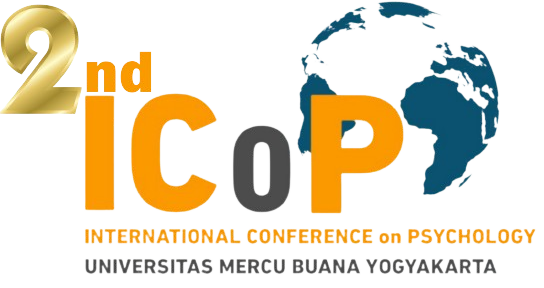Gratitude and Subjective Well-Being Among Working University Students
Abstract
This study examines the relationship between gratitude and subjective well-being among university students who balance academic responsibilities with part-time work. Faced with financial pressures, many students work to meet their education and living expenses, which can impact their psychological well-being. This research investigates whether gratitude, as a positive psychological trait, can contribute to students' subjective well-being in this context. The study involved 80 working students, selected through purposive sampling. Data were collected using the Subjective Well-Being Scale and the Gratitude Scale, with reliability coefficients of α = 0.923 and α = 0.931, respectively. Using Pearson's product-moment correlation, results indicated a significant positive correlation (r = 0.484, p ≤ 0.010) between gratitude and subjective well-being. This suggests that gratitude may account for 23.4% of the variance in well-being among working students. The findings underscore the role of gratitude as a protective factor that helps students manage stress and maintain resilience in balancing work and academic commitments, pointing to its value in enhancing subjective well-being in educational and work settings.
Keywords: gratitude, subjective well-being, working students, resilience, university



